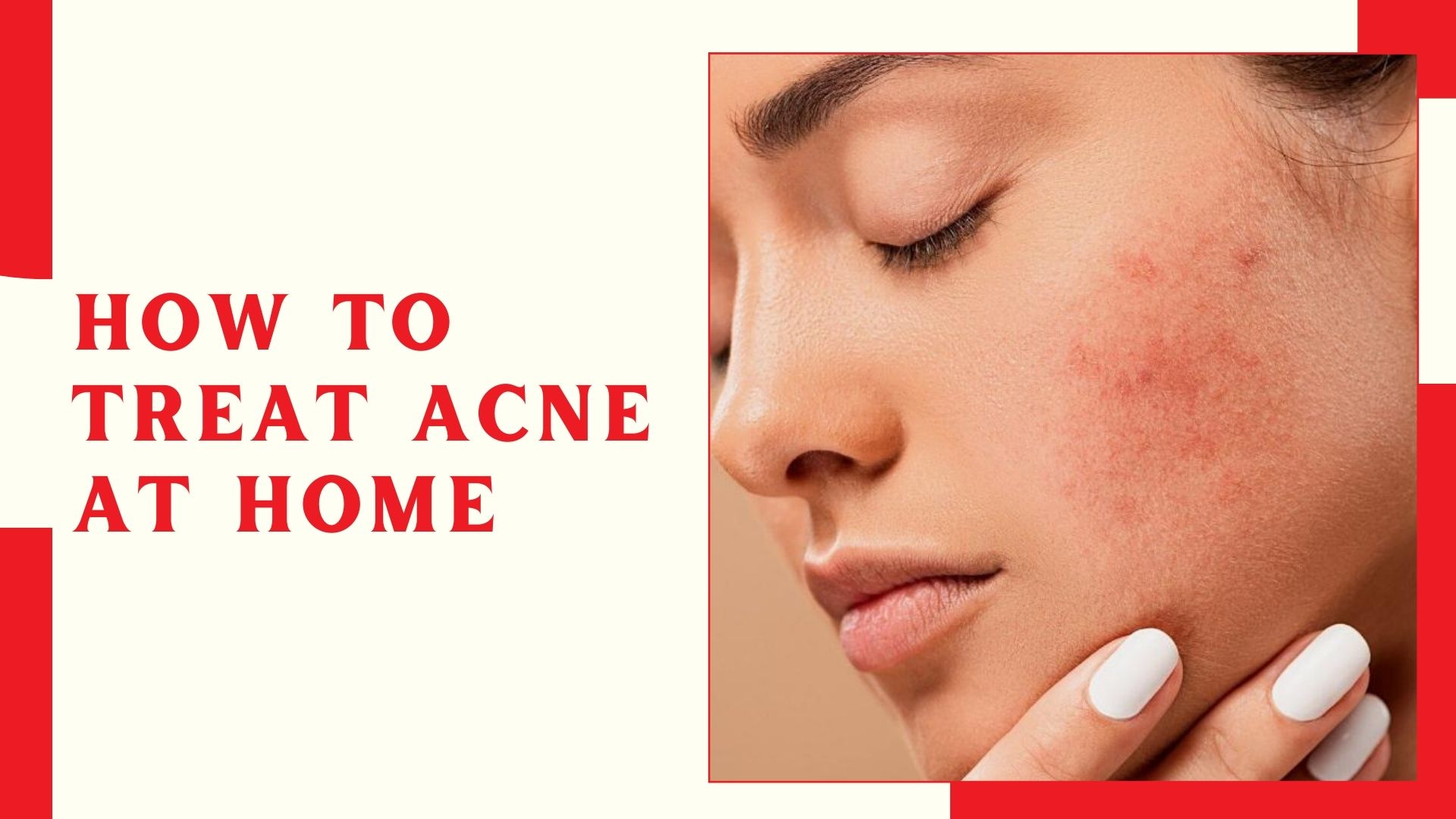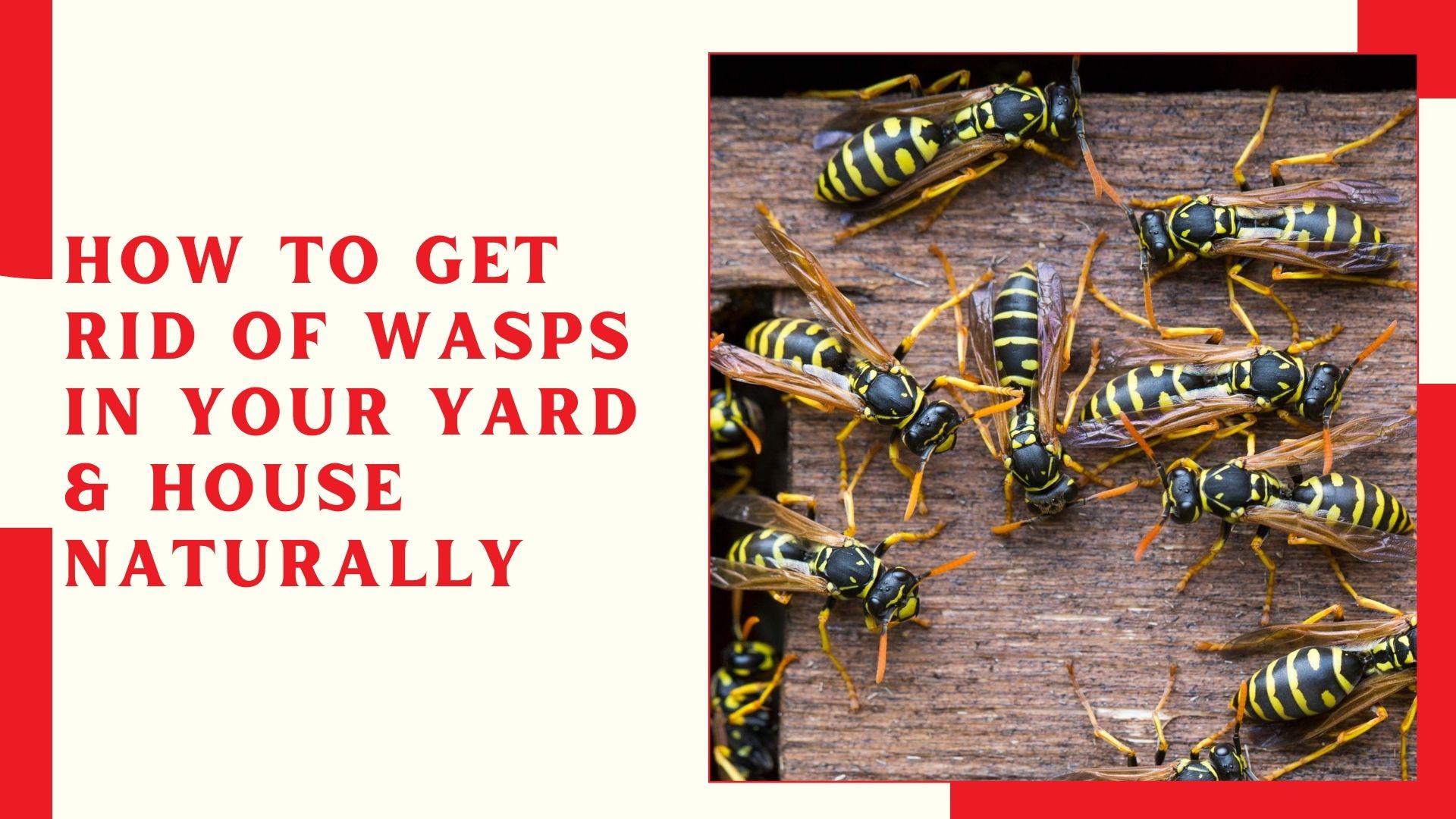Bug bites can be itchy, painful, and annoying, but they are usually not serious. Treating them promptly and effectively can alleviate discomfort and prevent infection. Here’s a guide on how to treat common bug bites at home.
Helpful Products You Might Like
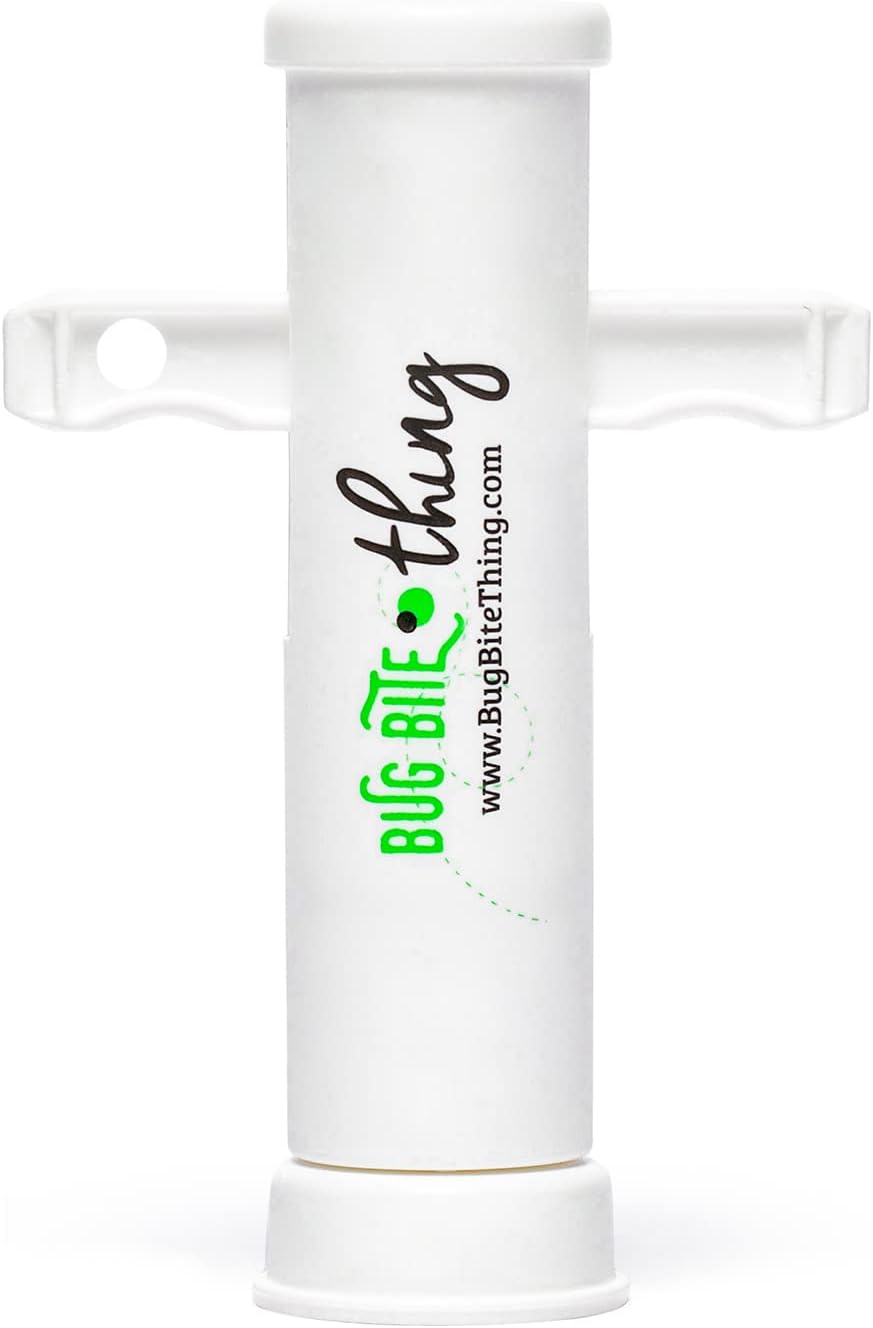
BUG BITE THING Suction Tool
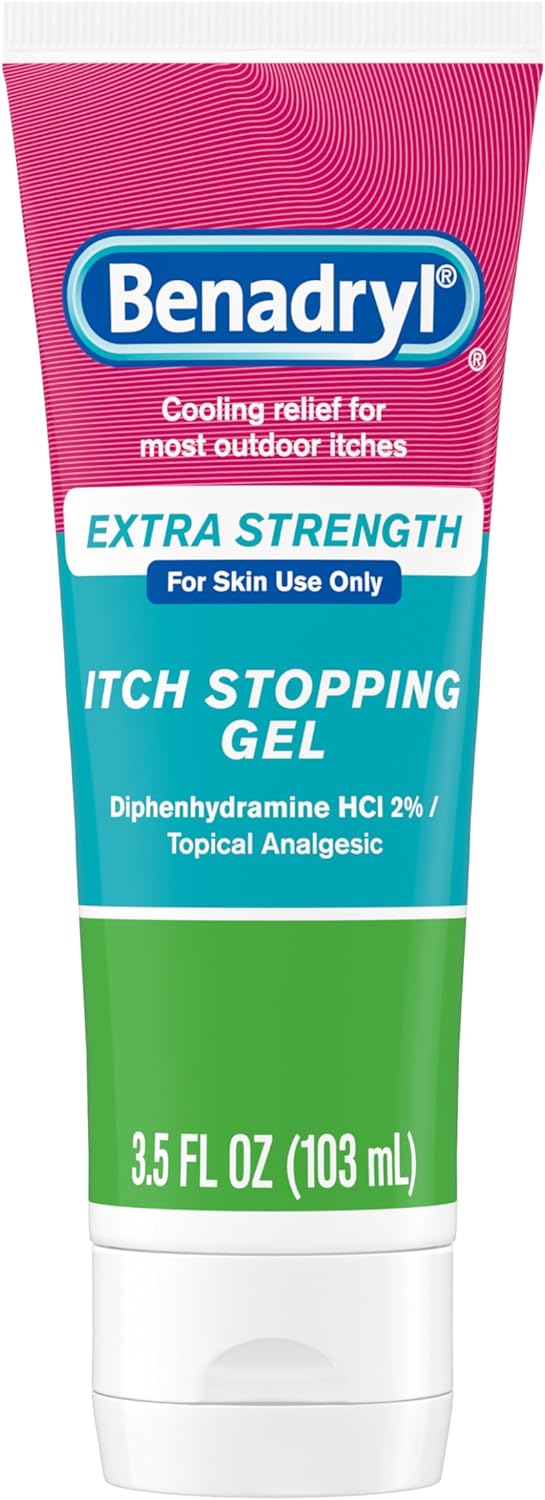
Benadryl Anti Itch
Gel
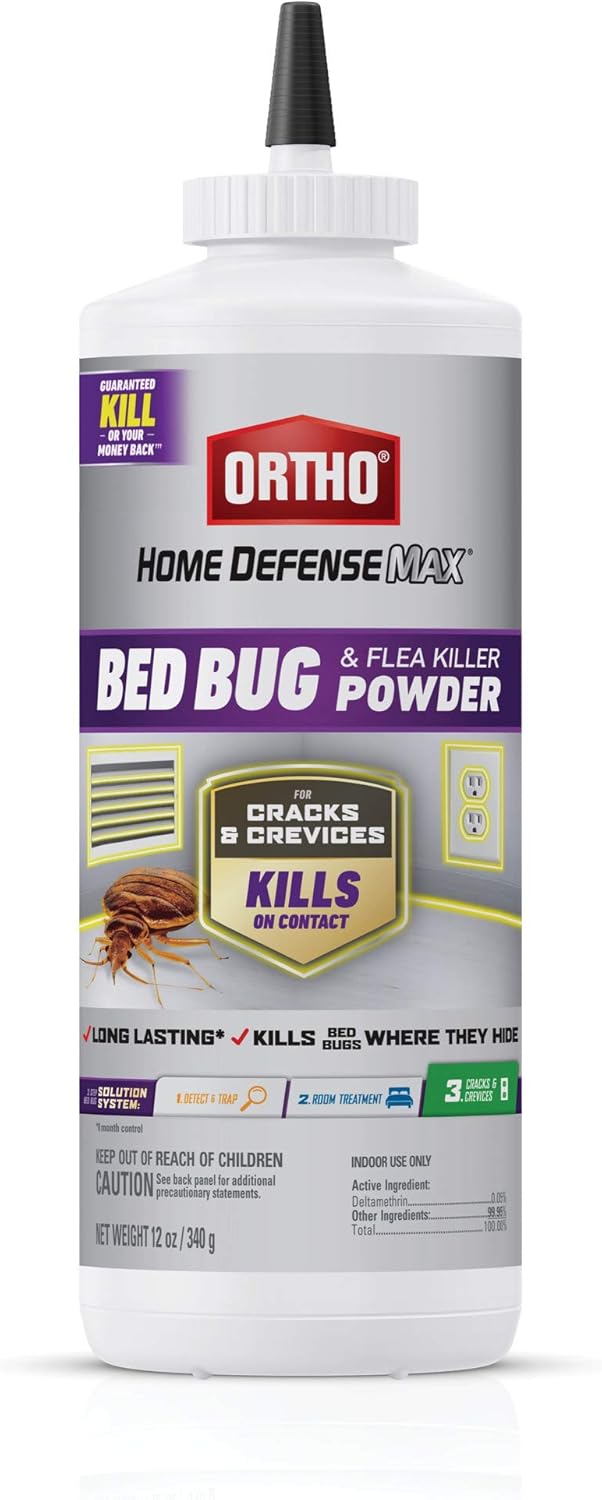
Ortho Home Defense Max Bed Bug and Flea Killer Powder
"(Paid Links)" 
Identifying the Bite
Different bugs cause different types of bites. Mosquito bites are usually small, itchy, and red. Tick bites can look like a small red bump or rash, sometimes with a bullseye pattern. Bee and wasp stings are painful and may cause swelling and redness. Identifying the bite can help you choose the best treatment.
First Aid Steps
Clean the Area:
The first step is to clean the bite area with soap and water. This helps prevent infection and remove any remaining irritants.
Reduce Swelling:
Apply a cold compress or ice pack wrapped in a cloth to the bite area. This helps reduce swelling and numb the area, providing relief from itching and pain.
Avoid Scratching:
Scratching bug bites can lead to infection. Keep your nails short and resist the urge to scratch. Covering the bite with a bandage can also help.
Home Remedies for Itching and Pain
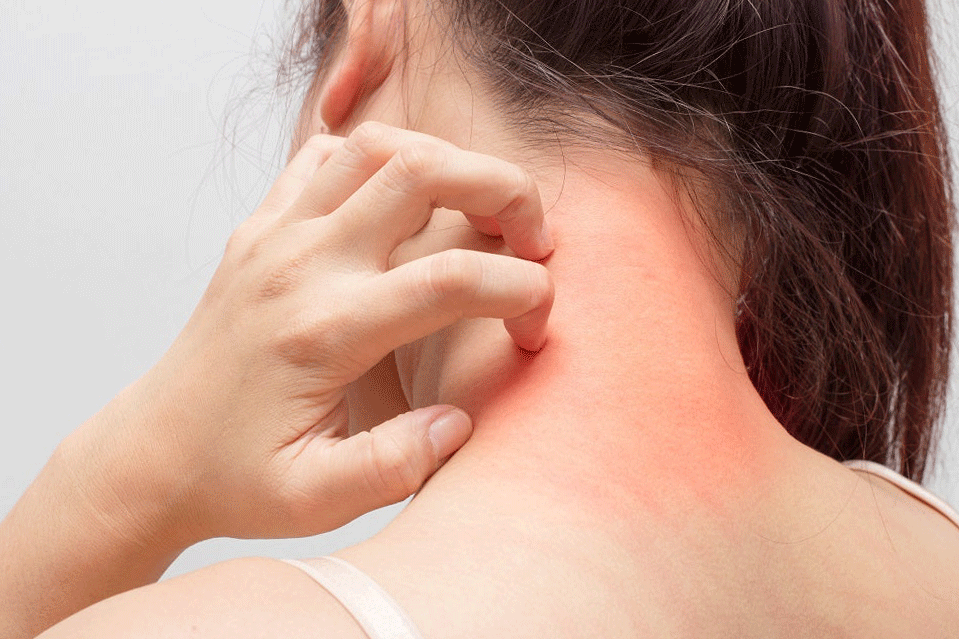
Aloe Vera:
Aloe vera has soothing and anti-inflammatory properties. Apply fresh aloe vera gel directly to the bite for relief from itching and redness.
Baking Soda Paste:
Mix baking soda with water to form a paste and apply it to the bite. Leave it on for about 10 minutes before washing it off. This can help neutralize the itching.
Oatmeal Bath:
Oatmeal has soothing properties that can relieve itching. Add a cup of colloidal oatmeal to a lukewarm bath and soak for 15-20 minutes.
Tea Tree Oil:
Tea tree oil has antiseptic and anti-inflammatory properties. Dilute a few drops with a carrier oil and apply it to the bite.
Honey:
Honey has antibacterial properties and can soothe the skin. Apply a small amount to the bite and cover it with a bandage.
Over-the-Counter Treatments
Antihistamines:
Oral antihistamines like diphenhydramine (Benadryl) can help reduce itching and swelling.
Hydrocortisone Cream:
A 1% hydrocortisone cream can reduce inflammation and itching. Apply it sparingly to the affected area.
Calamine Lotion:
Calamine lotion can soothe itching and dry out oozing bites. Apply it to the skin with a cotton ball.
When to See a Doctor
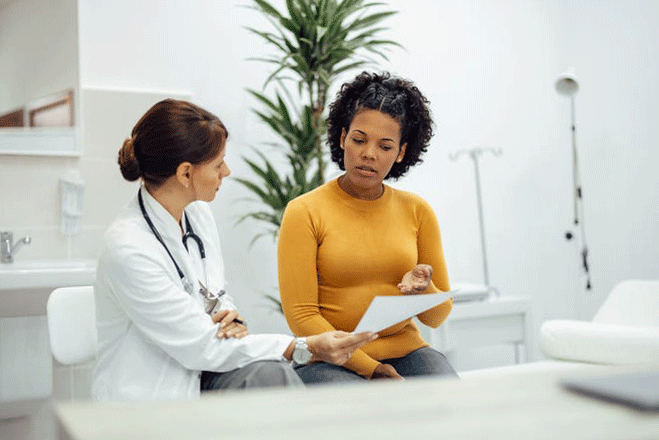
While most bug bites can be treated at home, there are times when medical attention is necessary. Seek medical help if you experience:
Difficulty breathing or swallowing (signs of an allergic reaction)
Swelling of the lips, eyes, or throat
A large number of bites or a severe reaction
Signs of infection, such as increased redness, warmth, or pus
Preventing Bug Bites
Prevention is key to avoiding bug bites. Use insect repellent, wear long sleeves and pants, and avoid being outdoors during peak mosquito times (dawn and dusk). Keep windows and doors closed or use screens to keep bugs out.
Treating bug bites at home is usually straightforward. By following these steps and using common home remedies, you can effectively manage the discomfort and prevent complications. However, always be cautious and seek medical advice if you face severe symptoms or an allergic reaction.

